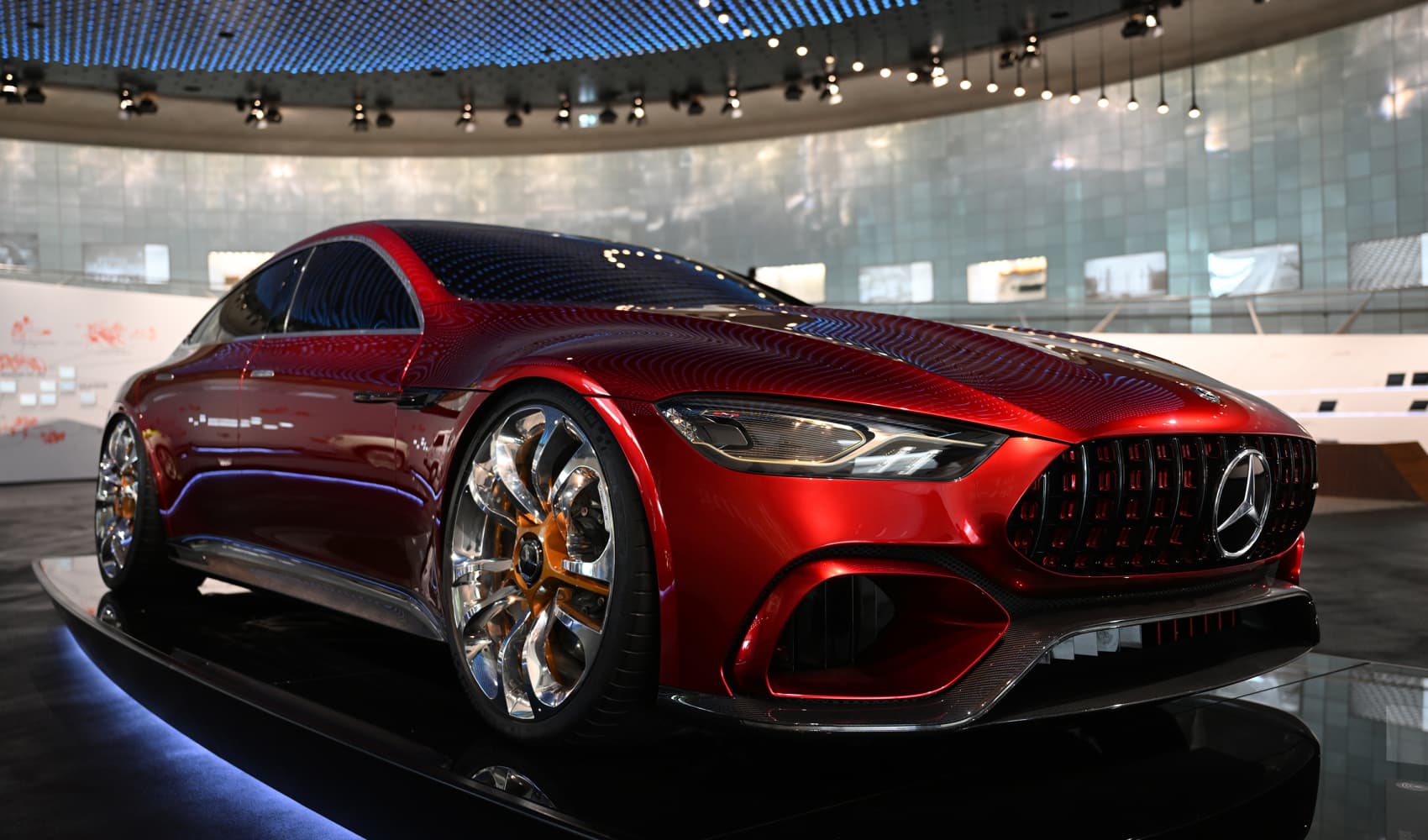
- Before 1945, Korea existed as a unified country but was split into two after World War II.
- Bilarhari Kausikan, who was Singapore's ambassador to Russia after the Soviet Union collapsed, says that the war in Ukraine could end up like how the Korean War ended in 1953.
- He also envisions that the U.S. under a Trump administration would have "tremendous leverage" on Ukraine, as Europe won't be able to support Ukraine without the U.S. in any substantive way.
- Kausikan said Trump's approach could force Ukraine into a truce — an agreement to stop fighting but not necessarily to end the war, which could lead to a split in Ukraine.
Russia's war on Ukraine could end with the latter being divided into two — like North and South Korea, according to Singapore's former ambassador to Russia, Bilarhari Kausikan.
Before 1945, Korea existed as a unified country. However, it was split into two after World War II, when neither the communist-backed North or the UN-backed South was able to reclaim the entire peninsula after the Korean War between 1950 to 1953.
Speaking earlier this week at an outlook event held by private bank VP Bank, Kausikan said that if former U.S. President Donald Trump were to return to the White House, he will likely do "something dramatic" on Ukraine to distinguish himself from the previous administration under Joe Biden.
Get top local stories in Philly delivered to you every morning. Sign up for NBC Philadelphia's News Headlines newsletter.
Trump's chances of being reelected ticked higher after he survived an assassination attempt on Saturday.
The ex-president and Republican presidential nominee has himself boasted repeatedly that he could end the war in Ukraine "within 24 hours," and did not commit to aid for Ukraine when asked by CNN during an interview in May 2023.
Money Report
In March, Hungary Prime Minister Viktor Orban said Trump had told him he would cut off U.S. military aid to Ukraine in an effort to end its conflict with Russia.
Kausikan, a veteran Singapore diplomat, did not elaborate on what Trump's "dramatic" act would be, but said his view was that "Europe is incapable of deterring Russia, and therefore is incapable of supporting Ukraine in any substantive way, without the U.S. at its back."
European countries, especially NATO members, have had a testy relationship with the former president, with Trump repeatedly threatening to pull the U.S. out of NATO if member states did not meet the guideline to spend 2% of their GDP on defense.
In February, Trump warned NATO allies he would "encourage" Russia "to do whatever the hell they want" to a member country that didn't meet the defense spending guideline of at least 2% of their GDP.
He also recounted an incident where he claimed he told a NATO leader he would not defend them from a Russian invasion if they did not meet that spending target.
"That gives Trump tremendous leverage," Kausikan said Wednesday. "Even if he hints that American deterrence is not going to apply over Ukraine, it changes everything."
Kausikan said Trump's approach could force Ukraine into a truce — an agreement to stop fighting but not necessarily to end the war, which could lead to a split in Ukraine.
Currently, the front lines in Ukraine have not significantly shifted after Ukraine's failed summer counteroffensive in June 2023.
"The model I have in my mind is what has happened to Korea. Korea is still at war, North and South, legally, but there is an armistice and a divided country. I see that as Ukraine's final state."
North and South Korea are officially still at war because an armistice was signed in 1953, not a peace treaty.
Repercussions for Europe
What happens to the broader European region if Ukraine is forced to sue for peace?
"I think Europe is in trouble," Kausikan said. "I don't think an armistice will necessarily be the end of American weapon supply to Ukraine."
"Why should [Trump] stop? [The] American defense industry is doing a roaring business, but he will make Europeans pay for it. Because why should he give it away free?" he added.
European countries will likely have to step up their own defense budgets, Kausikan pointed out, adding that increased spending won't just be for a few years, but likely "for a decade or more," in order to contribute to the deterrence of Russia.
But while increased military spending from Europe will be Trump's goal, it's won't be enough to deter Russia, Kausikan said.
Other than Russia, France and the UK are the only countries in Europe with nuclear capabilities, he pointed out. "Europe cannot deter Russia without a nuclear deterrent ... But will Paris or London be sacrificed to save Berlin or Rome or Spain?" he asked rhetorically.
If Russia were to attack a NATO country, including threatening a nuclear strike, it would complicate the response from other member states, especially if the U.S. winds down its involvement in Europe under a Trump presidency.
Kausikan pointed out that Europe will be at the mercy of the U.S. for the foreseeable future, as the region's ability to pursue an independent policy will be limited without the backing of the U.S.
Furthermore, he added, "Trump's priority is not Russia, it is China."






